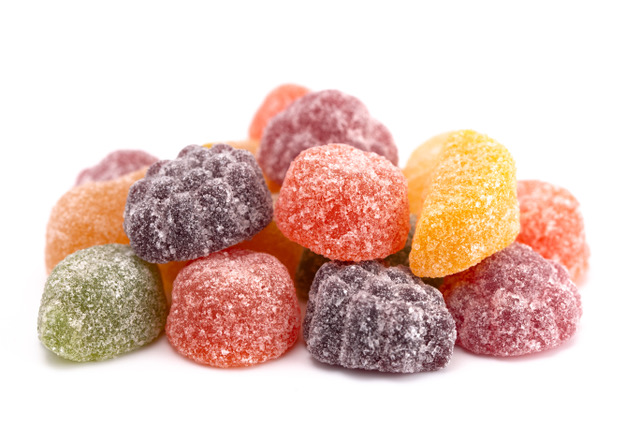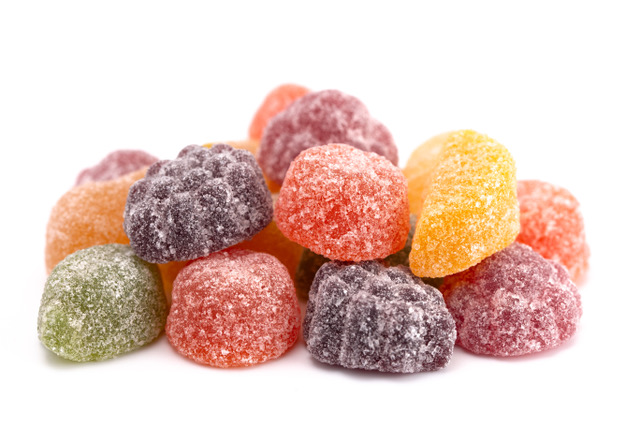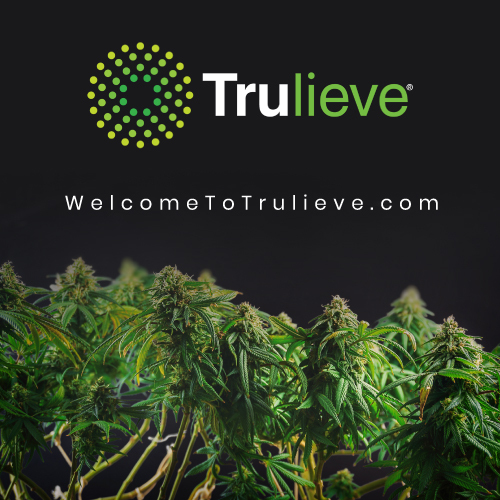
By Vanessa Orr
There’s always something new in hemp-derived products, and Delta-8, which is available in vapes, gummies and other forms, has been growing in demand over the past couple of years. In fact, according to the Addiction Center website, sales of the compound increased by 144 percent from April 2020 and April 2021.
Its popularity—and a growing number of complaints—have caught the attention of both the U.S. Food & Drug Administration (FDA) and the Centers for Disease Control (CDC). Both recently put out warnings about serious health risks that users of the product could be facing.
What is Delta-8?
According to the FDA, delta-8-tetrahydrocannabinol, or Delta-8, is a psychoactive substance found in small amounts in the cannabis sativa plant; however, concentrated amounts of delta-8 THC are typically manufactured from hemp-derived cannabidiol (CBD).
While those who use delta-8 report that it calms nausea, boosts appetite, eases pain and reduces anxiety, it is also known for producing a mild high. The product’s popularity has grown in part because it is marketed as legal in places where marijuana, and delta-9, which is far more potent, is not. Most delta-8 is synthesized from CBD, which comes from hemp, which was legalized by Congress in 2018.
While delta-9 THC is illegal in Florida, delta-8 is legal to purchase for those 21 and older.
Is It Safe?
These products, which have not been evaluated or approved by the FDA, may pose serious health risks.
From December 2020 through July 2021, the FDA received adverse events reports from both consumers and law enforcement. Of 22 patients who consumed delta-8 products, 14 went to the hospital or emergency room following its ingestion, and 19 experienced adverse effects including vomiting, hallucinations, trouble standing and loss of consciousness.
National poison control centers noted 661 cases resulting from delta-8 exposure between January 2018 and July 31, 2021, of which 18 percent required hospitalization, including children who required intensive care unit admission. Children who had ingested delta-8-infused gummies experienced deep sedation, slowed breathing, irregular heartbeats and decreased blood pressure, among other symptoms.
There are a number of issues surrounding Delta-8 products that are making them more difficult to monitor. While a legal loophole in the 2018 Farm Bill defines the legal delta-9 concentration of 0.3 percent for hemp, it does not define delta-8 concentrations. Products labeled simply as ‘hemp products’ can also mislead customers who do not realize they may contain the psychoactive delta-8, and some products are also marketed for therapeutic or medical uses, which has not been approved by the FDA.
Because the natural amount of delta-8 in hemp is low, manufacturers who convert other cannabinoids in hemp, like CBD into delta-8, may potentially use unsafe household chemicals or create them in unsanitary settings, creating more issues for consumers.
Some states have begun reacting to issues caused by delta-8; in May of this year, the Colorado Marijuana Enforcement Division and the Colorado Department of Public Health and Environment banned the sale of products containing delta-8, noting that “chemically modifying or converting any naturally occurring cannabinoids from industrial hemp is non-compliant with the statutory definition of ‘industrial hemp product.’”
A number of other states, including Alaska, Arizona, Arkansas, Delaware, Idaho, Iowa, Michigan, Mississippi, Montana, New York, North Dakota, Oregon, Rhode Island, Utah, Vermont and Washington have followed their lead and either banned or more stringently regulated delta-8 products.
As interest in delta-8 continues to grow, it remains to be seen if its benefits outweigh its drawbacks, and how manufacturers, consumers and state mandates will affect the burgeoning market.










